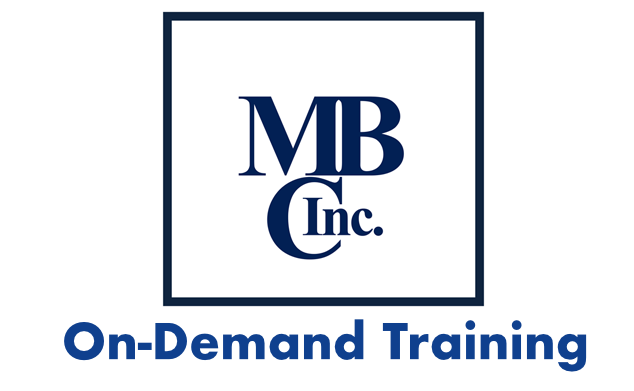Leadership and Management
People are More Important Than Plans!
In General, Powell’s Terms “People Over Plans”
The General speaks often and passionately about the importance of people. He enthusiastically supports; “Plans don’t accomplish work. Goal charts on walls don’t accomplish work. Even talking papers don’t accomplish work. It is people that get things done.” When you put this in prospective of General Colin Powell’s belief as articulated by Oren Harari, that when people are not inspired and capable, when morale wanes and people don’t have a sense of purpose the greatest plans and organizational structure wouldn’t make much difference. Great people are one of the major keys, “it is the led that validates the leaders”.
If it is people and only people that make the difference, why plan, why organize, way develop vision statements, why have goals and tracking of goals? Just turn good people loose and see what happens! Chaos happens!
No one has ever seen any evidence that General Powell believes you can do without the tools of planning and organization. At the same time he doesn’t support in any form, lengthy overly detailed plans that attempt to micro manage the organization, mission and tactics. Plansneed to be flexible, seldom if ever would a major implementation project succeed without adjusting the plans in midcourse. Colin is quick to criticize organizations that are more absorbed with their internal issues of rank, titles, benefits and entitlements, than they are with the accomplishment of the mission and the performance of the organization as a unit.
People are important, every task is important. In one of his earliest speeches to the State Department Secretary Powell emphasized that every task is important to the success of the mission, task, program, cost cutting, etc. Many managers only play lip service to this concept. Why are people important? From the aspect of business, whether manufacturing or service,people are important, because it is people that perform the work. People bring the service. People implement the plans. People bring forth cost savings. People carry out the strategy. People are the only resource that adds value to the organization.
If this premise is true, and I fully believe it is. This is just another way of saying “people do the work”. From this, we can only conclude that work is important. Therefore, work mustbe carried out correctly, on time, completely and efficiently. For this cause, most work in manufacturing and service organizations have job or work instructions. The purposes of these instructions are to ensure the work is completed consistently from one person to the next, from one shift to the next, from one department to the next, etc.
This all brings us to one premise; if work is important then it is important that work be completed properly. How may have witnessed when persons in the organization, whether production workers, resources, supervisor, managers, etc., If they are doing work incorrectly per the instructions, but the product or service is being produced to schedule. Managers seem to “turn-a-blind-eye” to these violations.
This tells the workers; “the work I am doing is not important”. If it were important for me to do this correctly someone would correct me. When leaders continually ignore poor or incorrect work habits or methods, this is sending the message ‘it just doesn’t matter’. On the other hand, if leaders correct workers consistently and continually this sends the message that the work they are doing and the way they do that work is important. Therefore, ‘they’ are important. Amazing what this simple task of consistently enforcing work instructions can do for moral, self-esteem, and dedication of the work force.
Summary of the Powel Principals according to Oren Harari
Count on people more than plans: Without the best people who are empowered the best plans and organizational structures will very likely fail.
Assume that people are competent, and every task or job is important, until you are proved wrong: There is no such thing as an unimportant task or job. Every role and every person is important. If data or other evidence proves otherwise, make the appropriate changes, retool and/or retrain before you fire.
Spend at least 50% of your time on people: Leaders, like anyone else tend to do the easy things or the easy task. Planning is easy or clean, people management or leadership is difficult or messy. People not just plans provide your competitive advantage. The leader must ensure the organization has an environment that allows growth and prosperity of people.
View people as partners, regardless of their place in the hierarchy: Most effective leaders see all people as partners with expertise and competence bringing valuable experience to the organization and the completion of the mission.
Become a servant leader, “working for” all your people: Help people accomplish the goals that support the mission and come from the vision. Give them the tools and training they need and “turn them loose”.
There are three books that I recommend to everyone that is interested in understanding the principles of leadership.
The Leadership Secrets of Colin Powell by *Oren Harari
The Powel Principles by *Oren Harari
It Worked For Me – In Life and Leadership by “Colin Powell”
Please talk with your peers and see if they would benefit from this series. If you think they may, please send them to the web site www.mbcincorp.com they may download the free white paper and be automatically signed up to receive all future leadership articles and quality tips.
Thanks to All
Bill Martin – President
MBC, Inc.

